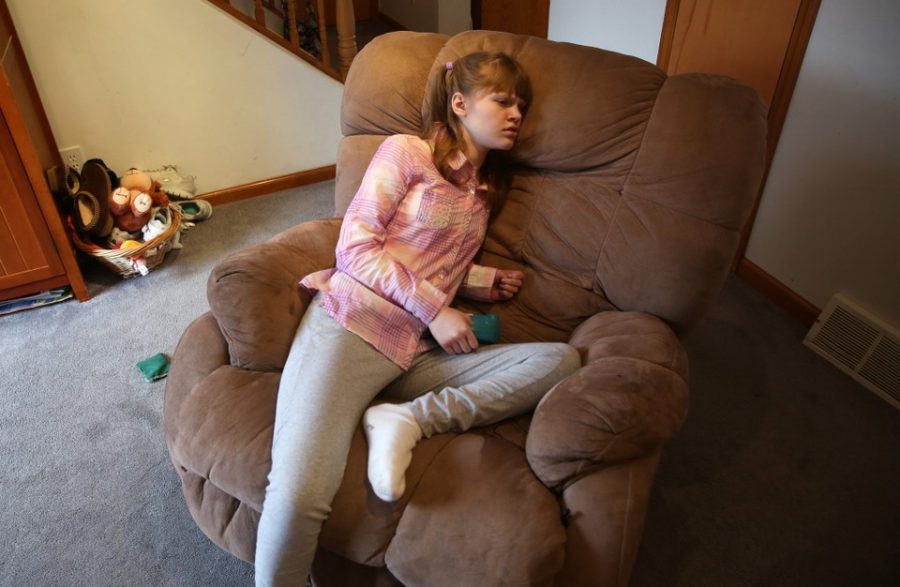Court recognized cannabis health benefits, ordered the state to consider rescheduling
State and federal law have classified cannabis as a Schedule I drug, citing its “high potential for abuse,” but the Christie Administration in New Jersey might now revisit its legal standing and recognize its medicinal properties.
A state Appellate Court ruled on Tuesday that Steve Lee, the former director of the Division of Consumer Affairs, had the authority to re-classify cannabis from the Schedule I drug category.
According to the state’s Health Department, there are 15,490 registered medical cannabis patients in New Jersey. The state currently relies on a eight-year old medical cannabis law that enables patients to use cannabis to treat pain, muscle spasms, post-traumatic stress disorder and other conditions.
Attorney Joseph Linares of Newark, who brought the case on behalf of a prison inmate Steven Kadonsky, said state officials could still keep cannabis on the most-restricted list, but they can no longer claim it has no medicinal value.
Kadonsky petitioned the state to reclassify the drug in order to reduce prison sentences for cannabis-related crimes.
Genny Barbour’s family has also joined the case. Barbour is a teenage girl with autism who uses cannabis oil to control her seizures. She and her family have fought for her right to use cannabis oil at school in 2015 to control her medical condition. Gov. Chris Christie signed a law that allowed minors with developmental disabilities to use medical cannabis on school property.
“What this decision does recognize is the widespread acceptance of marijuana use in medical treatment,” Linares said.
Judge Marianne Espinosa wrote a dissenting opinion and said Lee “lacks the authority to depart from federal schedules to remove marijuana from Schedule I.”
“From the Legislature’s first recognition of possible medical uses of marijuana to the present, it has consistently drawn a distinction between marijuana for medical uses and marijuana for non-medical uses. That distinction would cease to exist if the Director were permitted to remove marijuana from Schedule I,” Espinosa said.
However, Judge Michael Guadagno wrote in the majority opinion that the New Jersey Controlled Dangerous Substance Act of 1971 allowed the head of Consumer Affairs in the Attorney General’s Office the authority to “add substances to or delete or reschedule any drug.”
“Medical benefits from the use of marijuana not known in 1971, when the CDSA became effective…and impediments to its lawful use as a result of its Schedule 1 classification, are abundant and glaringly apparent now,” the opinion said.










